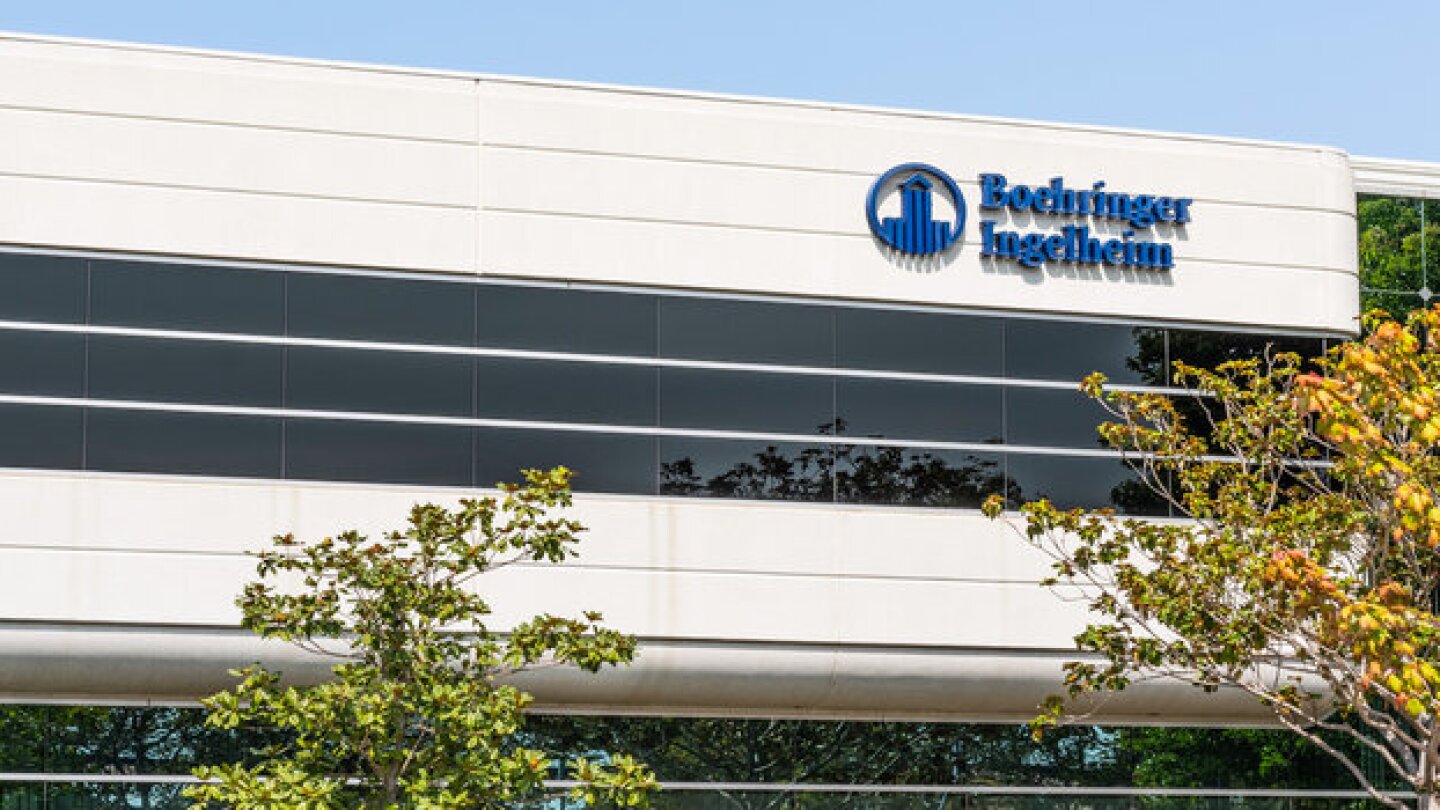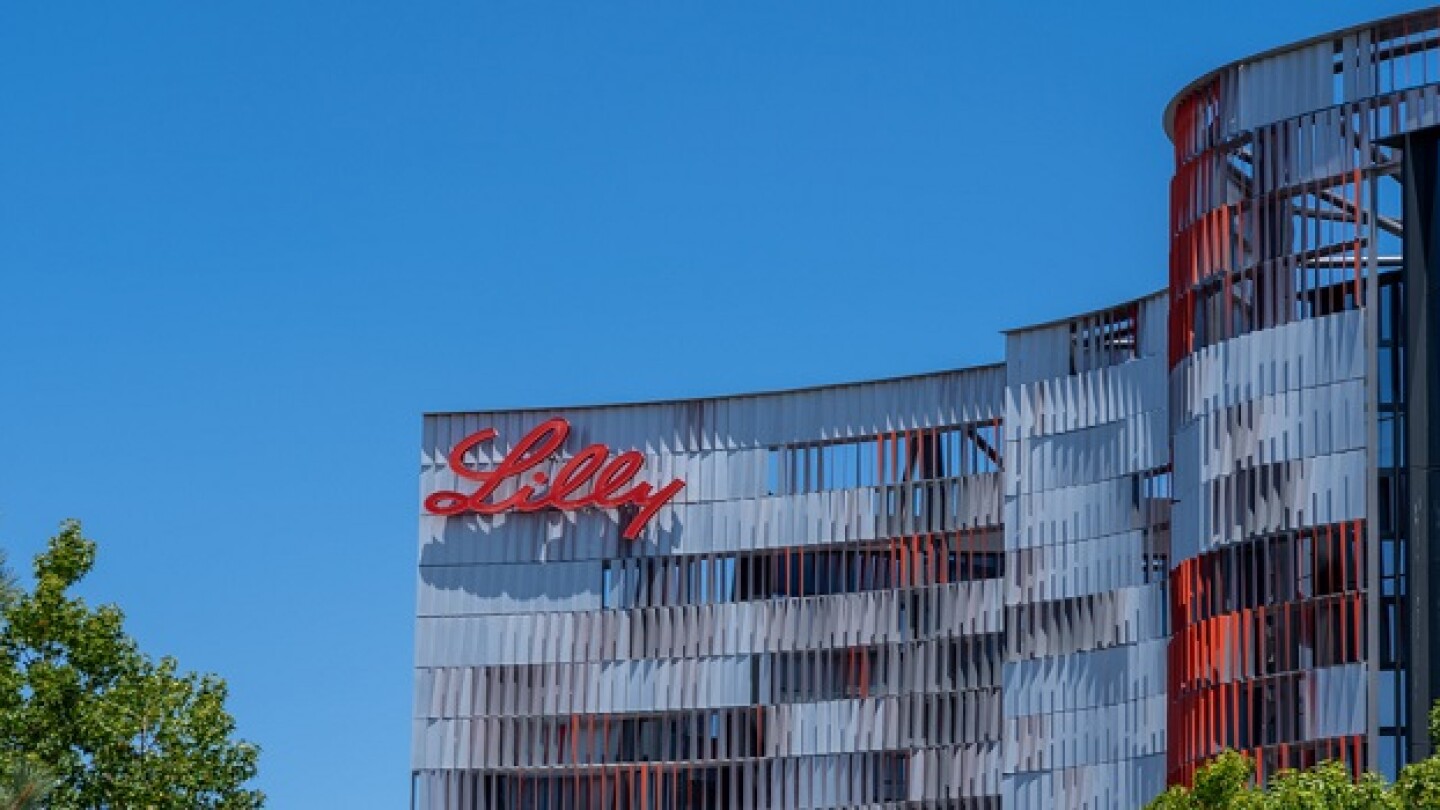Inflammatory bowel disease
The cornerstone of the deal is SIM0709, which Simcere designed to target both TL1A and IL-23, crucial players in facilitating inflammation. Boehringer Ingelheim will advance the asset for inflammatory bowel diseases.
The OMass partnership will boost Roche’s strategy in inflammatory bowel diseases, currently led by afimkibart, an anti-TL1A therapy the pharma obtained from its $7.1 billion acquisition of Telavant in 2023.
The death was linked to acute kidney injury in a patient who had a single kidney remaining and a “complex medical history,” according to CytomX.
Vedanta is parting ways with 23 employees, or approximately 20% of its headcount, after Phase II data for microbiome therapy VE202 failed to demonstrate significant response rates in patients with ulcerative colitis.
In a mid-stage study, the candidate itolizumab achieved 23.3% clinical remission rate at 12 weeks, numerically better than Humira’s 20% at the same time point.
In February 2024, the FDA put two Phase II studies of zelnecirnon under a clinical hold after a case of liver failure was deemed potentially related to the drug.
Eli Lilly and Johnson & Johnson are seeking label expansions for Omvoh and Tremfya, respectively, in Crohn’s disease following approvals for ulcerative colitis. GlobalData projects total sales for Tremfya to reach $7.8 billion globally by 2029.
At 52 weeks of follow-up, more patients on Eli Lilly’s monoclonal antibody Omvoh demonstrated histologic response, suggesting better long-term outcomes than Johnson & Johnson’s blockbuster therapy Stelara.
Tremfya’s ulcerative colitis approval on Wednesday comes as Johnson & Johnson’s blockbuster immunotherapy Stelara continues to face growing competition from biosimilars.
Back-to-back failures in psoriasis and Crohn’s disease have forced Ventyx Biosciences to abandon the development of its investigational oral TYK2 inhibitor VTX958.
PRESS RELEASES









